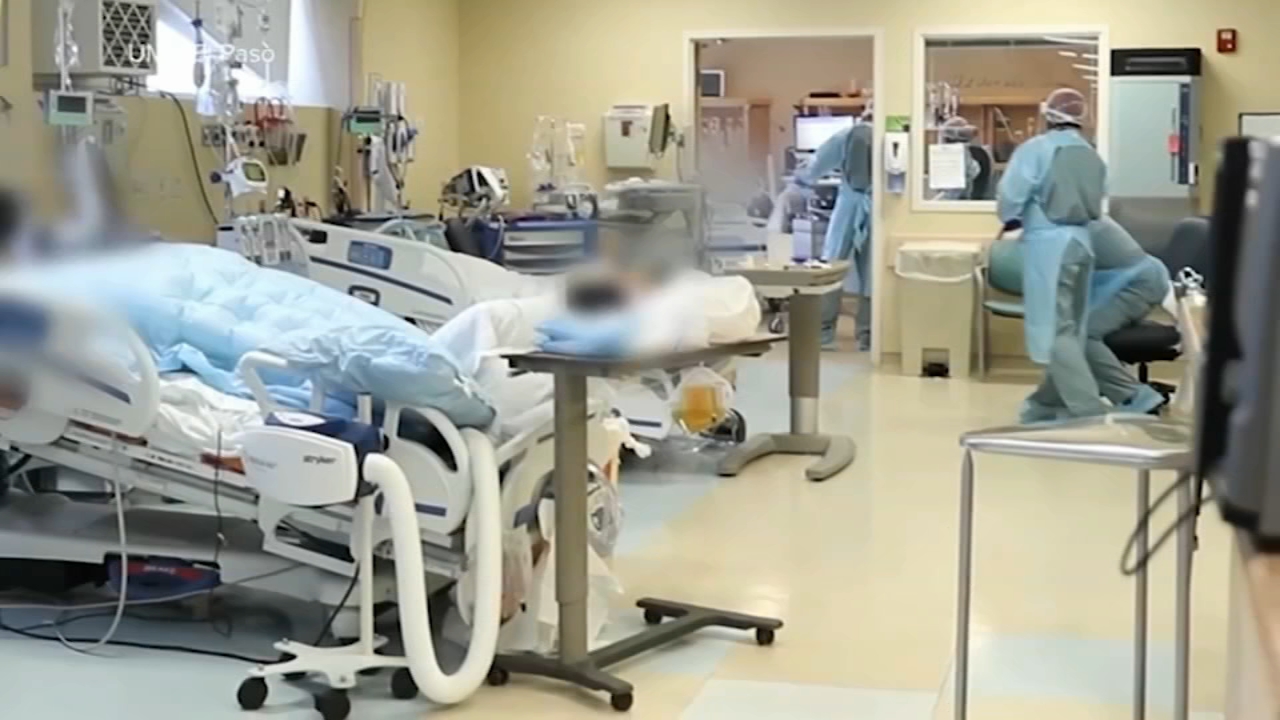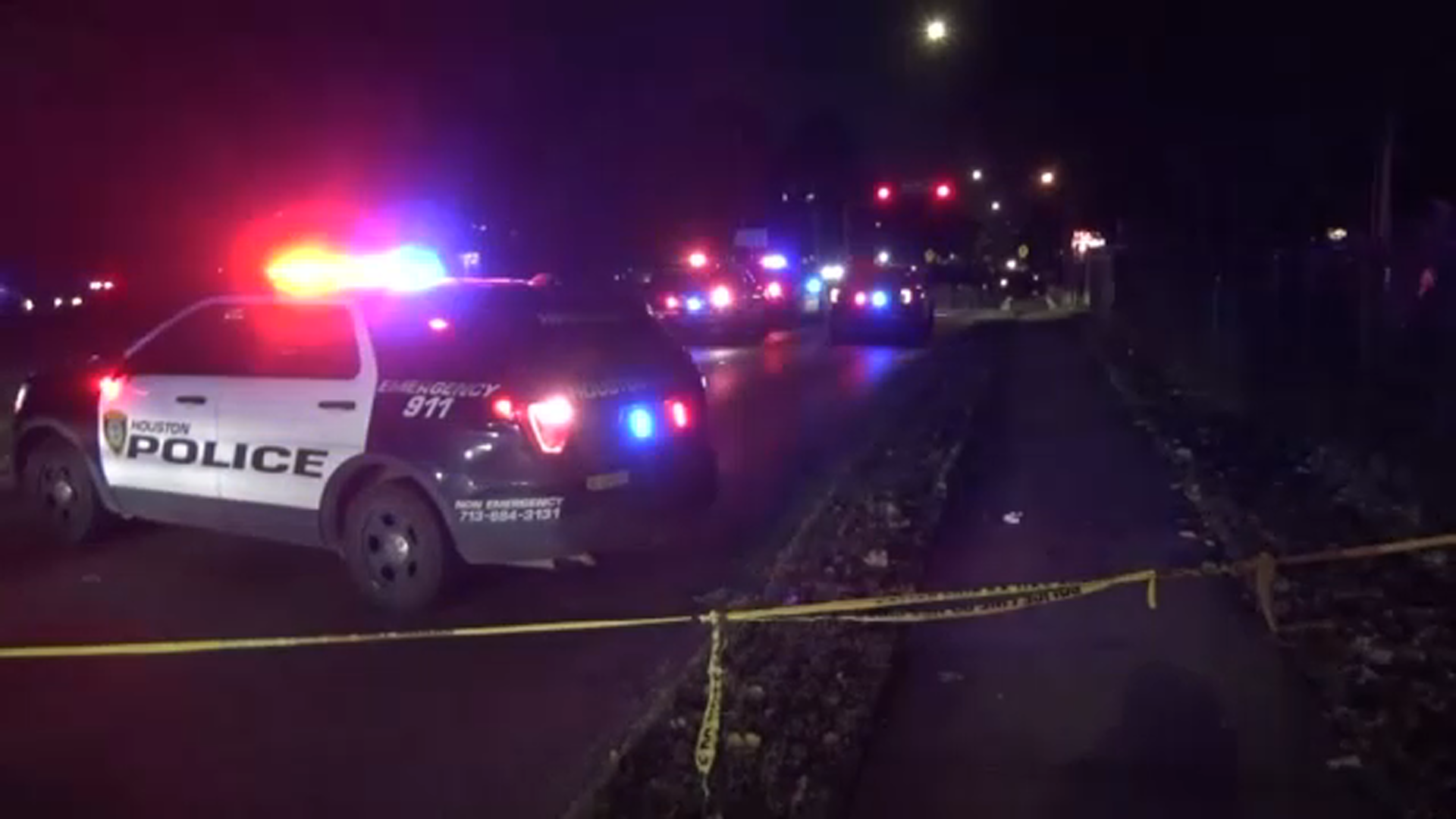Texas' medical and frontline workers and vulnerable populations to get COVID-19 vaccine first

Once the first COVID-19 vaccines arrive in Texas, the state's healthcare and frontlines workers and the most vulnerable populations will be immunized first.
That prioritization was announced Monday by the office of Gov. Greg Abbott, basing that decision on recommendations made by the Expert Vaccine Allocation Panel created by the Texas Department of State Health Services.
Those guiding principles serve as a foundation for the state's initial distribution of the coronavirus vaccines, which are expected to arrive as early as next month, Abbott's office said.
"These guiding principles established by the Expert Vaccine Allocation Panel will ensure that the State of Texas swiftly distributes the COVID-19 vaccine to Texans who voluntarily choose to be immunized," said Abbott. "This foundation for the allocation process will help us mitigate the spread of COVID-19 in our communities, protect the most vulnerable Texans, and safeguard crucial state resources."
Under the recommendations, healthcare workers include staff at hospitals and long-term care facilities, emergency medical services and home healthcare workers.
The recommendations also direct the first vaccines to frontline workers, which include those "who are at greater risk of contracting COVID-19 due to the nature of their work providing critical services and preserving the economy."
Who will get the vaccines after the priorities are fulfilled?
Once the first dosages are distributed, the state said it will allocate vaccines under the following criteria:
- Mitigating health inequities due to factors such as demographics, poverty, insurance status and geography.
- Data-driven allocations using the best available scientific evidence and epidemiology at the time, allowing for flexibility for local conditions.
- Geographic diversity through a balanced approach that considers access in urban and rural communities and in affected ZIP codes.
- Transparency through sharing allocations with the public and seeking public feedback.
SEE ALSO:
- Gov. Abbott's plan to distribute COVID-19 vaccine, medicine
- AstraZeneca: COVID-19 vaccine 'highly effective' prevention
- Top Houston doctor warns thousands could die waiting for COVID-19 vaccines










